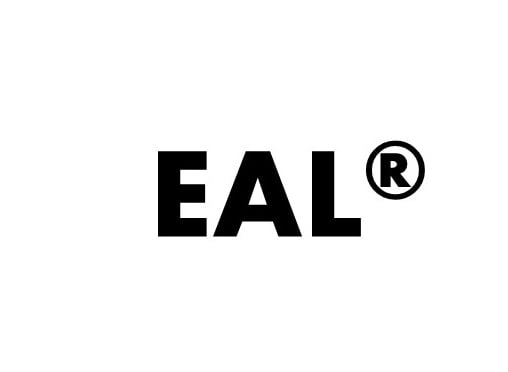About the Evidence Analysis Library
The Evidence Analysis Library (EAL) is a synthesis of the best, most relevant nutritional research on important dietetic practice questions housed within an accessible, online, user-friendly website. An objective and transparent methodology is used to assess food and nutrition-related science. The EAL is a series of systematic reviews developed by Academy members for Academy members based on a predefined approach and criteria. Meticulous methods and electronic tools are used to document each step to ensure objectivity, transparency and reproducibility of the process. Expert workgroup members evaluate, synthesize, and grade the strength of the evidence to support conclusions that answer a precise series of questions.
The EAL was launched in 2004 with 3 topics. Today there are nearly 40 projects in various stages. Content continues to be added, guidelines are updated every 5 years and the number of users continues to increase.
EAL Video
View this video available on YouTube
What are the benefits of the EAL?
The EAL supports the Academy's goal of supporting research and offering resources to advance evidence-based practice. The EAL:
- Evaluates and synthesizes scientific literature using a rigorous methodology
- Uses a process that is transparent and minimizes bias
- Uses the highest quality research studies to answer relevant food and nutrition questions
- Provides timely and credible scientific information
- Developes evidence-based nutrition practice guidelines to ensure patient care
What does the EAL Provide?
For each project topic, the EAL provides a number of resources for busy practitioners, which include:
- Bibliographies of the highest quality research on a given topic
- Conclusion Statements that provide concise statements of the collective research on a given question
- Grades for each Conclusion Statement that provide a way for practitioners to determine how certain we can be of the Conclusion Statement, based on the quality and extensiveness of the supporting evidence.
- Evidence Summaries are brief narrative overviews that synthesize the major research findings on a given topic, including overview tables.
- Worksheets on every research study analyzed provide detailed information on the major findings, methodology and quality of each study.
Projects that continue on to guideline development include:
- Recommendations which provide a plan of action for practitioners regarding a specific disease
- Recommendation Strength and Narrative for each recommendation is graded by strength with a narrative describing how the strength was derived
- Algorithms which are a simple step-by-step procedure for using the recommendations, show the flow of treatment for a disease or condition. Guidelines published after June 2014 will no longer include algorithms since the evidence analysis questions are now organized by Nutrition Care Process category.
- Links to Evidence for each recommendation to a link back to the evidence where you can track backwards to see the conclusion statement, evidence summaries, and individual article worksheets.
Visit the Methodology section for information about the evidence analysis process.
